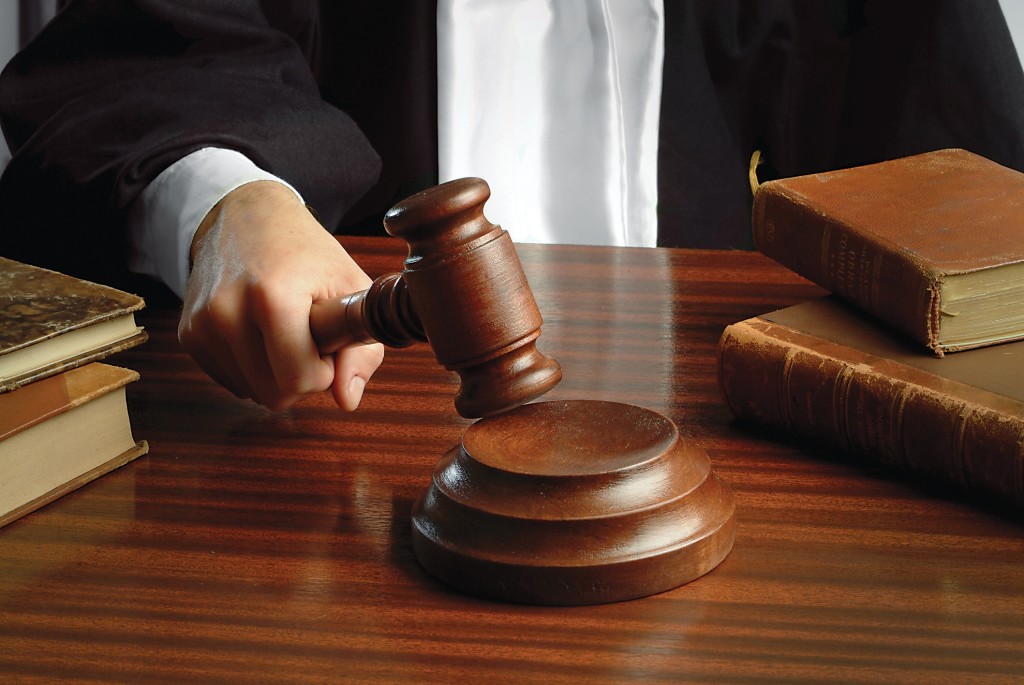If law is to be the expression of the will of the people, it must conform to public opinion. If public opinion demands the repeal or enactment of any law, the Government and for that matter the legislature cannot afford to brush aside the demand for long.
The representatives of the people, who make the legislature, know that they have ultimately to appeal to the electorate after the expiry of their legal term of office.
ADVERTISEMENTS:
If their actions are not approved by the electors at the general election, there is no chance of their re-election. A true representative government always ascertains the wishes of the people before attempting any kind of legislation.
If it does not, the laws so enacted lose their appeal to the minds of the citizens and the foundation of loyalty is shaken. Hume has justly remarked that all governments, however bad, depend for their authority on public opinion. If there is a wide gulf between law and public opinion, it may lead either to widespread lawlessness 01 even to open rebellion.
But this is not the entire appraisal of the relationship between law and public opinion. If the relationship between the two is to be really organic, then, law should precede as well as succeed public opinion or, as Dr. PS. Muhar puts it, “law should be not only firmly rooted in public opinion but should be a little ahead of it.”
PS. Muhar aptly cites the example of the law abolishing suttee in India and says, “If Lord William Bentinck had taken only public opinion for his guide when he abolished suttee in 1835, he would have had to wait much longer for his great social reform.” Law must also be normative, if the State is to be the ideal of the aspirations of its people.

